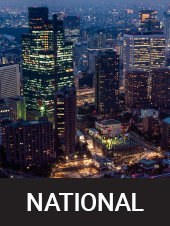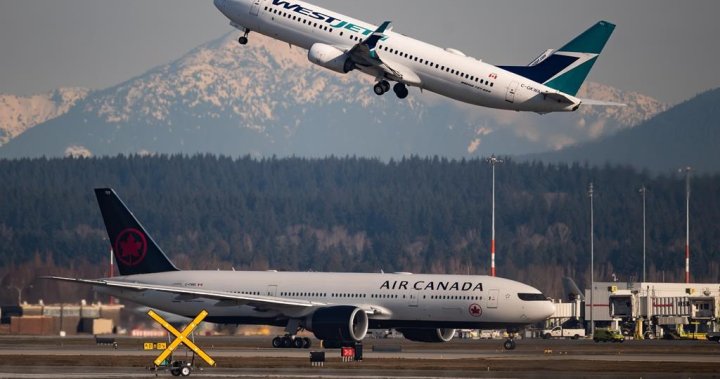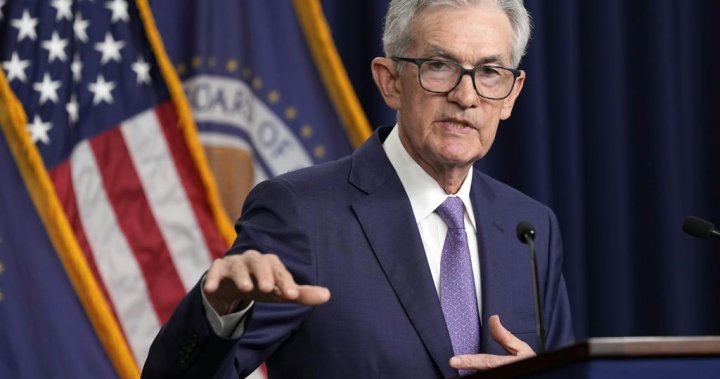A passenger rights advocacy group is going to court to try and block what it claims are deceptive reimbursement practices by one of Canada’s biggest airlines.
Air Passenger Rights is seeking an injunction against WestJet to block the alleged policy, ahead of a future trial.
At issue is how much passengers can claim for reimbursement after being stranded.

When delays or cancellations leave passengers waiting and in need of meals or accommodations, they can file a claim with WestJet, in the event vouchers weren’t available or provided.
Until recently, the company’s website said domestic passengers could claim up to $150 a night and international passengers could claim up to $200 a night for hotels. It also said passengers could claim $45 a day for meals.
But Air Passenger Rights says no such limits exist under either the Montreal Convention or Canada’s Air Passenger Protection Regulations.

Get daily National news
Get the day’s top news, political, economic, and current affairs headlines, delivered to your inbox once a day.
“WestJet’s excuse to avoid reimbursing passengers really boils down to WestJet’s unwillingness to pay based on a self-imposed ‘guideline,’” the group said in a notice of application filed in B.C. Supreme Court in October.
“It is not much different than WestJet simply stating, “I will not reimburse you, as I do not want to,” with the Guidelines added as a false sense of legitimacy to deceive passengers.”

The group alleges that after it sent a cease-and-desist letter to WestJet, the airline “surreptitiously” removed the guidelines from its website.
But it alleges WestJet continues to apply the policy “behind the scenes.”
“What is clear is that passengers should not be spending a night at the airport just because WestJet it is not able to find a good deal with its own vendors — In such situations, passengers should be able to get a hotel room and spend the night in a proper room, same thing about meals,” Air Passenger Rights president Gabor Lukacs said.
“We are not talking about eating caviar. We’re not talking about eating 10 portions of lobster, but a normal lunch, normal dinner, a normal breakfast, main course, dessert, some beverage, not alcoholic, just something completely normal, completely ordinary is well within reason.”
Air Passenger Rights lawyer Simon Lin told the B.C. Supreme Court in New Westminster the group is trying to “shine a spotlight on allegation of shabby corporate conduct,” and that an injunction is necessary since the company allegedly continues to apply the policy despite changes to its website.
While WestJet has removed the reimbursement expense limits from its website, the company has said it is not an admission of wrongdoing.
In its response filings to the claim, the company says it directly secures hotel accommodation for stranded passengers in 95 per cent of cases.
It added that it is regularly in contact with the Canadian Transporation Agency about adherence to air travel regulations, and that the regulator has never taken issue with the webpage with the reimbursement guidelines.
The company added it is changing its cancellation claims reimbursement process, which as of Nov. 1 will involve an email to passengers telling them it will cover “reasonable” accommodation expenses.
“This email makes no reference to ‘caps’ or limits on accommodation expenses,” it states.
The company’s representatives are set to make their arguments before the court on Wednesday.
A trial on the matter is scheduled for January 2026.
© 2024 Global News, a division of Corus Entertainment Inc.





